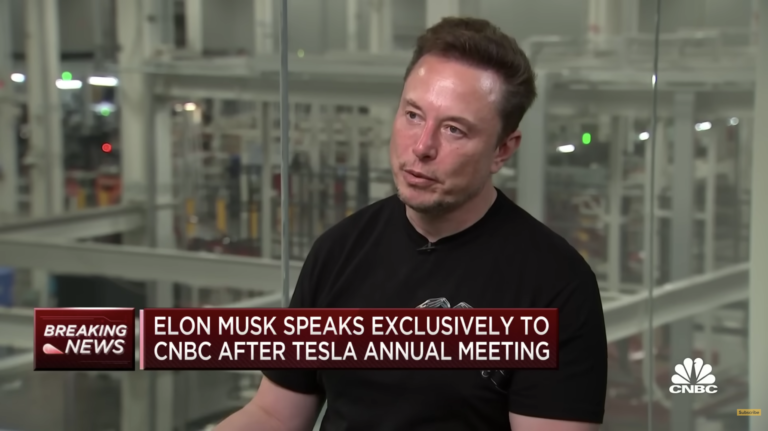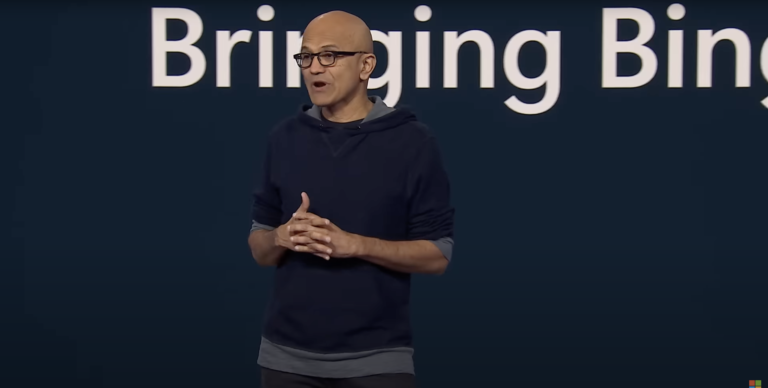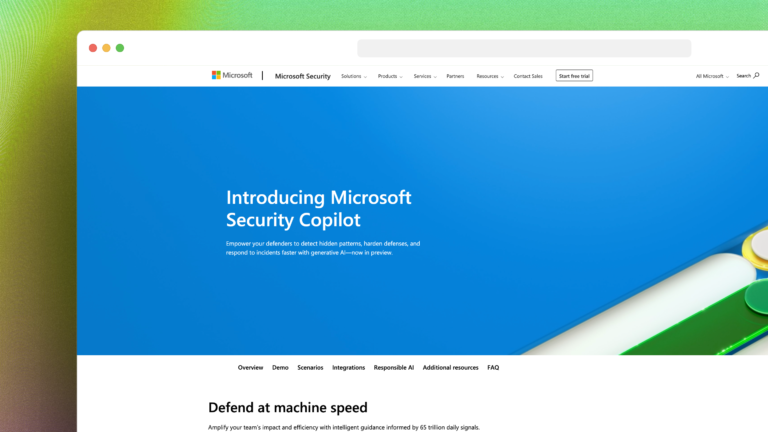Is OpenAI’s $29 Billion Valuation a Sign of the AI Takeover?

OpenAI is a startup that has recently made headlines after closing a $300 million share sale at a valuation of $27 billion – $29 billion. The investors include Tiger Global, Sequoia Capital, Andreessen Horowitz, Thrive, and K2 Global, along with Founders Fund, which is investing for the first time, according to TechCrunch. Tech giant Microsoft also invested around $10 billion in OpenAI earlier this year, working to integrate OpenAI’s technology in its business.
This funding bodes well for OpenAI, whose ecosystem around generative AI has attracted a lot of attention lately, especially because of its family of large language models used by third parties via APIs and, more specifically, ChatGPT. This AI-powered chatbot enables anyone to type out a natural question and receive detailed and cogent answers, and it’s already had over 1 billion visitors to the website in February. This is impressive, but not everyone is sold on the technology.
Since its founding, OpenAI has evolved significantly from its non-profit status and Elon Musk’s departure, making the shift to becoming an important startup with potentially world-changing technology. “They’re probably trying to use this [funding] to say hey, look, we found a golden apple,” an anonymous source told TechCrunch.
However, the company’s rise has not come without controversy. Many have raised concerns about ChatGPT’s accuracy and privacy, while others question its ability to be manipulated for toxic purposes. Despite the criticism, OpenAI has continued to develop its services and iterate on its technology. In February, the startup introduced a paid version of ChatGPT called ChatGPT Plus. This version was upgraded with multimodal LLM GPT-4 in March, making it even faster.
In addition to third-party use of OpenAI’s technology, hundreds of businesses, large and small, have started deploying GPT and ChatGPT in their products and services. This has been beneficial to other big tech companies, too, as they have expedited the rollout of their own endeavours in generative AI. Google launched Bard, while Meta introduced LLaMA to compete with OpenAI’s proprietary LLM.
OpenAI has undoubtedly come a long way since its non-profit days, and with more investor interest, the company has the potential to change the course of human history. Despite any controversies, OpenAI’s technology is likely to play a significant role in shaping the future.
In addition to ChatGPT, OpenAI has its AI-based image-generation tool called Dall-E which received a significant update in July last year. It also has a speech recognition model Whisper AI.
Microsoft’s efforts have included integrating OpenAI’s APIs with its Azure infrastructure to support the computational requirements of the models. It also in March announced a GPT-4 integration to supercharge Bing, part of Microsoft’s long-standing efforts to make a dent in the dominance of Google’s search services.
OpenAI is undeniably one of the most important companies in the world today and, with their advancements in AI, it’s likely that they’ll continue to impact the world in significant ways. As we wait to see how AI will shape the future, OpenAI continues to strive towards success by improving their products every day.
After the recent announcement by Tesla founder and former OpenAI board member, Elon Musk, there has been a lot of buzz around the next AI system that Musk is planning to build named “TruthGPT.” In order to compete with OpenAI’s advanced system, Musk has reportedly purchased a large quantity of GPUs to support his new venture.
This move by Musk is not surprising as he has been a vocal critic of OpenAI’s approach to AI development. However, it remains to be seen how successful Musk’s venture will be in the long run. OpenAI’s GPT-4 is considered to be the most advanced AI system to date, and the company has recently closed a funding round of over $10.3 billion at an impressive valuation of $27-29 billion.
Regardless of the outcome, the competition between OpenAI and TruthGPT could lead to some exciting developments in the world of AI that could benefit humanity as a whole. It will be interesting to see how this rivalry plays out in the coming months and years.





